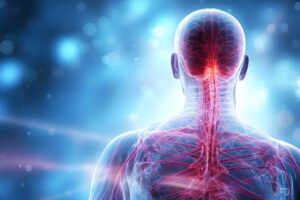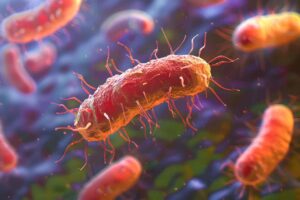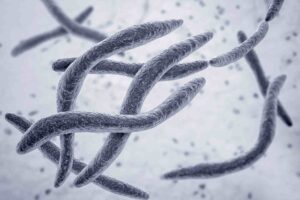Giorgia Guglielmi
Giorgia Guglielmi is a freelance science writer based in Basel, Switzerland. Specializing in life sciences, medicine, and the relationship between science and society, she has published numerous articles in outlets including Nature, Science, and Scientific American. She holds a PhD in biology from the European Molecular Biology Laboratory and a Master’s in Science Writing from the Massachusetts Institute of Technology. She has received recognition for her work, including the John Kendrew Award in 2020 and an ERC-funded FRONTIERS Media Fellowship in 2025. She has also led lectures and workshops on science communication at institutions such as Harvard University and the University of Zurich.
Gastroenterology
TCA can help to manage IBD by supporting the gut barrier and influencing microbiota composition.
Pneumology, Pediatrics
The findings of a recent study highlight the importance of early-life gut microbes in shaping lung health and add to evidence that microbiota composition can influence asthma risk.
Scientific research
Altered gut bacteria may contribute to fibromyalgia and modifying the gut microbiota could offer a promising approach to reduce symptoms of the condition.
Pediatrics
The gut microbiota evolves throughout early life, especially during key transitions phases such as weaning.
Scientific research
A healthy, diverse gut microbiota is important for mounting strong and lasting immune responses to vaccination.
Gastroenterology
A recent study highlights the potential for dietary interventions in treating C. difficile infection and inflammatory conditions such as inflammatory bowel disease.
Neuroscience
Modifying the microbiota could influence multiple sclerosis progression and provide new therapeutic targets.
Gastroenterology
Gut microbes adapt to exercise demands, favoring energy production over bacterial diversity.
Gastroenterology
Targeting TudS could be a potential therapeutic approach for treating C. difficile infections.
Oncology, Gastroenterology
Each Fusobacterium nucleatum population has unique traits and distribution patterns across body sites and conditions such as colorectal cancer and Crohn’s disease.











